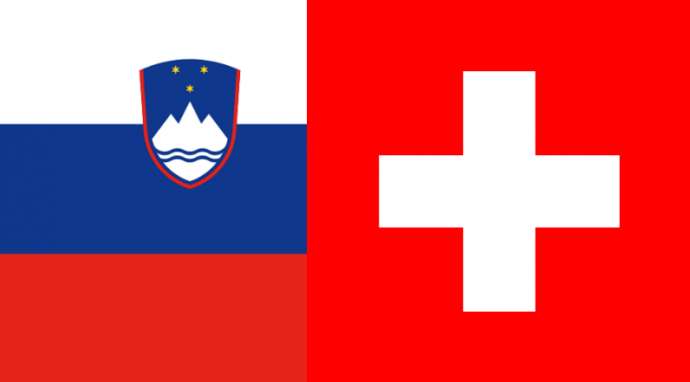STA, 4 June 2019 - Business cooperation between Slovenia and Switzerland has been gaining momentum for years, with trade exceeding EUR 2 billion for the first time last year. Ambassador Marta Kos told the STA that there was still a lot of potential, something Slovenia seems to be set to take advantage of with three high-level political trips planned this year.
President Borut Pahor has an official visit to Switzerland planned in September, with the trip geared toward boosting cooperation in science, Kos told the STA in a correspondence interview.
Moreover, Kos said that either Slovenia's Economic Development and Technology Minister Zdravko Počivalšek would visit Switzerland this year or his Swiss counterpart will come to Slovenia.
Interestingly, no Slovenian economy minister has been to Switzerland or a Swiss counterpart in Slovenia since the latter gained independence in early 1990s.
Slovenia's Infrastructure Minister Alenka Bratušek is also set to visit Switzerland this year. Only recently, the country's railways operator Slovenske Železnice signed the second half of a EUR 320 million deal with Swiss train maker Stadler.
In what is termed the biggest public transportation investment in Slovenia, Stadler is to deliver more than 50 new passenger trains by the end of 2021.
Kos said she had visited Stadler in May, learning that the company was looking for a business partner in Slovenia, focusing above all on companies involved in digital solutions for traffic signalisation.
Switzerland ranks third among foreign direct investors in Slovenia. By the end of 2017, foreign direct investments (FDI) from Switzerland reached EUR 1.425 billion in total, thanks in large part to the acquisition of the drug maker Lek by Novartis in 2003.
Since the takeover, Novartis's investments in Lek have already exceeded the total FDI figure, reaching EUR 2.3 billion. Its most recent investment is a EUR 38 million plant producing biologic active substances, which is soon to be launched in Mengeš.
Kos expressed satisfaction that Novartis is opening this new facility in Slovenia while undergoing a comprehensive reorganisation, as this means that the multinational is strengthening its presence in the country despite making big changes.
She noted, however, that the reorganisation halted a EUR 105 million investment in Prevalje, a plant whose purpose the drug maker is now reconsidering. "We are all in suspense and keeping our fingers crossed that Novartis will go on with the investment."
Meanwhile, the Swiss-based Lonstroff, a company of the Japanese Sumitomo Rubber group, is close to completing its new plant in Logatec, with Kos saying that this investment could lead to additional Lonstroff investments.
"At least that is the experience with Swiss investors: They are demanding, they do not make their decisions overnight but once they do, then good results are followed by new investments," said Kos.
This holds true for another Swiss investment in Slovenia. Lek and Novartis will soon store and distribute their products throughout the region from a logistics centre built by Swiss logistics holding Kuehne + Nagel near the Ljubljana airport.
The EU being Switzerland's biggest trade partner, Slovenia could attract even more Swiss investments, the ambassador believes. "Each day of the week, trade between Switzerland and the EU reaches EUR 1 billion," she said.
She warned, however, that doing business in Switzerland is not easy. "The Swiss let us know often that they are different. Also because they are not in the EU."
Slovenians doing business in Switzerland say that the only way to succeed is to adapt as soon as possible to the Swiss business culture and tradition, said Kos, adding that another thing to keep in mind was that Switzerland is not a single market.
The country with 26 cantons has just as many different economic and fiscal systems, Kos said, adding that Slovenian exporters who succeeded in Switzerland had to work hard for it.
Those dealing in food stuffs and wine need to rely on a Swiss-based intermediary, as their products are subjected to various quotas and tax rates because Switzerland is not an EU member, she noted.
But despite the challenges, trade is growing exponentially. Switzerland is currently Slovenia's 11th biggest trade partner and last year, trade in goods reached EUR 1.5 billion, a 50% increase over 2017.
Slovenia's exports to Switzerland accounted for EUR 727 million last year, while imports from Switzerland reached EUR 761 million.
"But we cannot ignore the fact that the goods trade is driven above all by an increase in chemical and pharmaceutical products of a single company," Kos noted.







